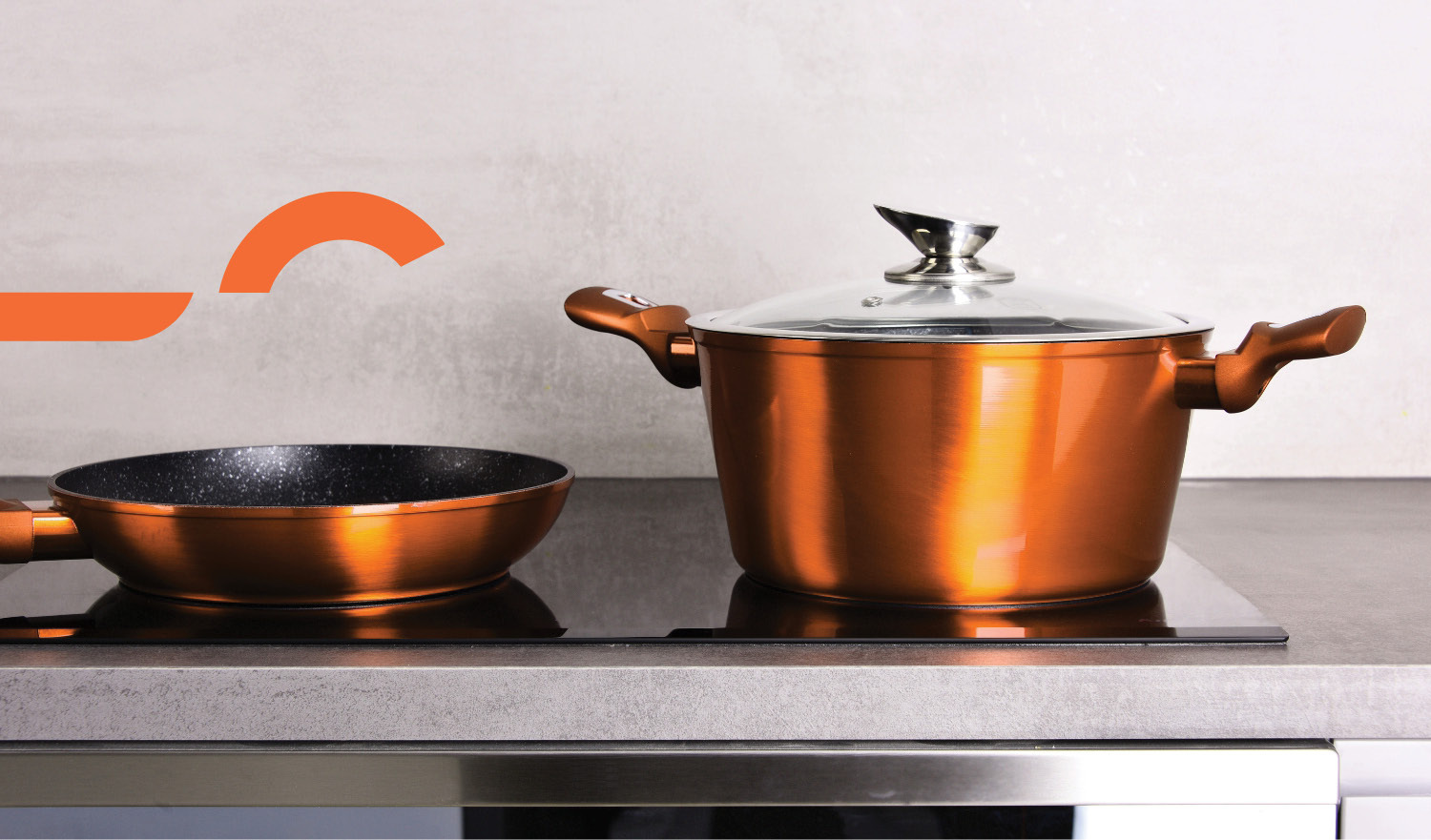Induction cooktops vs gas stoves
Induction cooktops aren’t just more efficient than gas stoves, they’re also safer and can save you time in the kitchen. There are a number of benefits to installing an induction cooktop:
- Energy efficient: Induction cooktops are more efficient because they transfer heat directly to your cookware. Unlike gas burners, where heat can be lost to the surroundings, no energy is wasted, so you can cook faster and spend less time standing at the stove.
- Fast and responsive: Induction cooktops provide instant heat, giving you precise temperature control. This rapid response allows for on-the-fly adjustments – less burnt food!
- Safer: Induction cooktops remain cool to the touch, even during cooking – great news for families with young, curious kids. What’s more, your kitchen’s a safer place without open flames or gas leaks.
- Easy clean-up: The flat surfaces make cleaning a breeze, as spills and splatters don't get trapped in burner grates. A quick wipe-down is all you need to keep your stovetop clean.
- Eco-friendly: By opting for induction cooktops, you’re contributing to a cleaner energy future, with less reliance on fossil fuels like gas.
- Modern design: Induction cooktops offer sleek, modern designs that seamlessly integrate with contemporary kitchen aesthetics.
How to go electric:
Transitioning to induction cooktops marks a conscious step towards a sustainable, energy-efficient kitchen. Here’s how to do it:
- Choose your cooktop: Choose an induction cooktop based on your cooking style, the number of burners, size, power levels, and your price range.
- Understand the power requirements: Induction cooktops can require special power connections. It is important to check the wattage before buying one.
- Professional installation: Induction cooktops must be installed by an electrician to ensure proper performance and safety.
